If you’re in the market for custom shirts, whether for personal use, your business, or a special event, you’ve probably wondered, “How much do shirts cost?” The price of a shirt can vary widely depending on several factors.
We’ll explore the key factors that affect shirt pricing to help you understand the different elements that contribute to the overall cost.
Type of Shirt
The type of shirt you choose plays a significant role in determining its cost. Basic cotton t-shirts are typically more affordable compared to premium options made from materials like organic cotton, bamboo, or moisture-wicking fabric. Specialized shirts, such as performance athletic wear or high-end fashion tees, may come with a higher price tag.
Quantity
The number of shirts you order has a direct impact on the price per unit. In general, the more shirts you order, the lower the cost per shirt. Print shops and manufacturers often offer bulk discounts, making it more cost-effective to order larger quantities.
The quantity also affects the method that can be used to make the shirts. For example, screen printing requires a minimum amount of shirts to be ordered since the cost of setup is high.
Design Complexity
The complexity of your shirt’s design, including the number of colors, intricacy of the artwork, and printing techniques used, can affect the price.
Full-color, highly detailed designs that require multiple screen prints or digital printing processes tend to be more expensive than simple one-color designs.
Printing Method
There are various printing methods available for custom shirts, each with its own cost structure. Common printing methods include screen printing, sublimation printing, heat transfer vinyl, and embroidery.
The choice of printing method can significantly impact the overall cost.
Screen Printing
Ideal for large orders and simple designs, screen printing offers cost-effective pricing for bulk quantities.
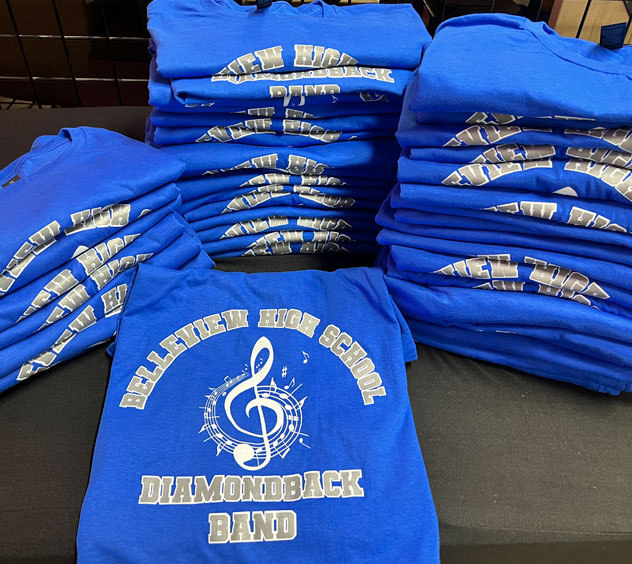

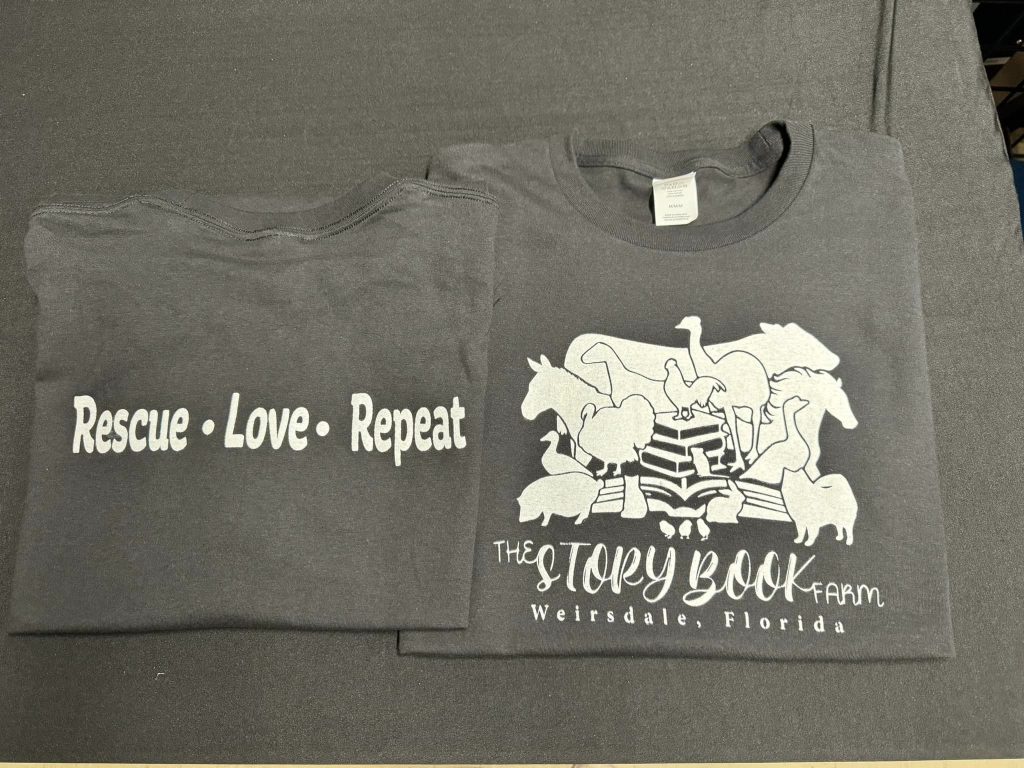
Sublimation
Best suited for full-color designs, sublimation printing is ideal for all-over prints and offers vibrant, long-lasting colors on light colored polyester shirts.
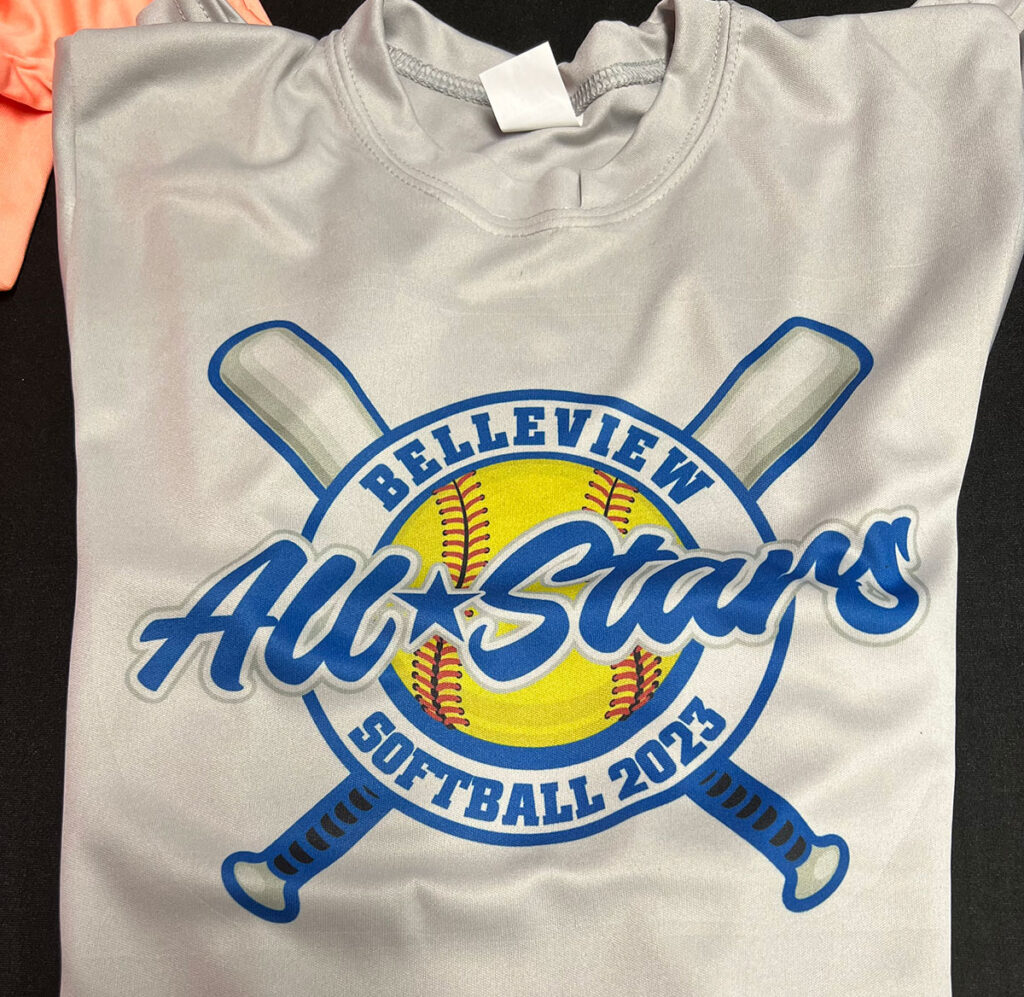
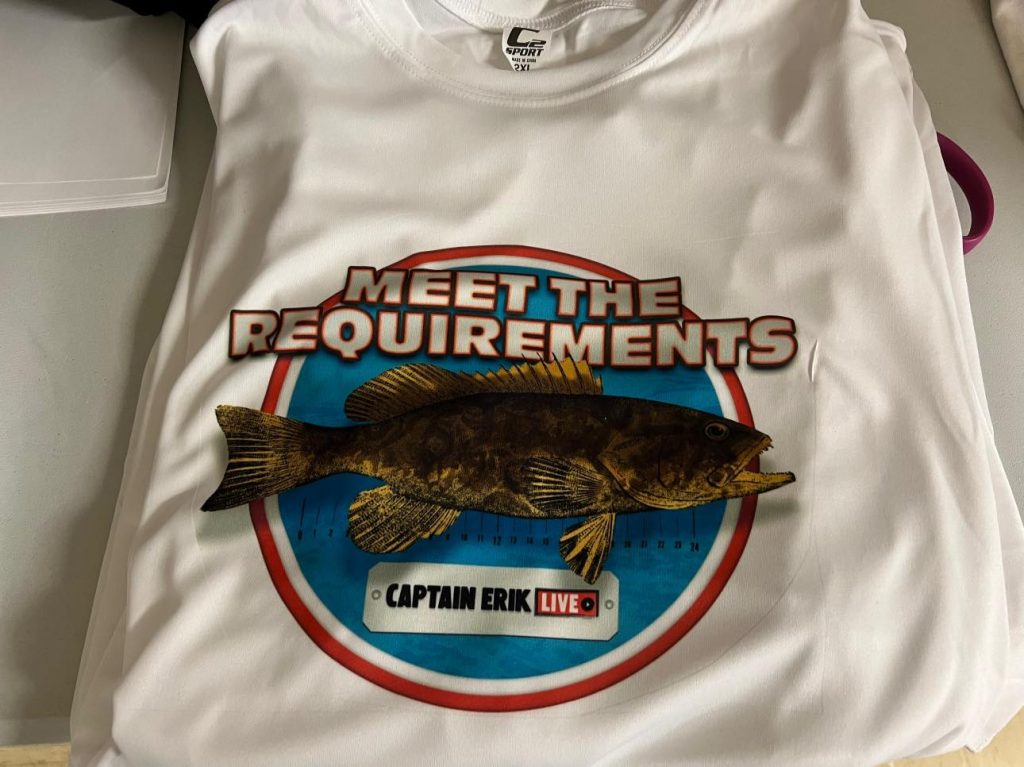
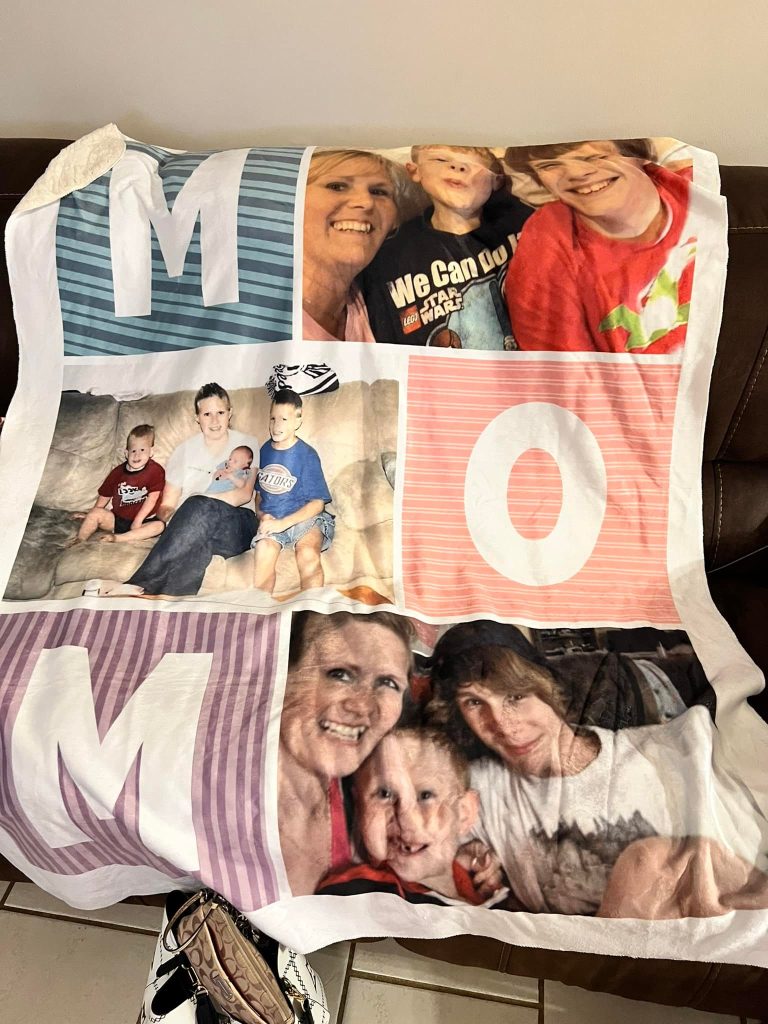
Heat Transfer Vinyl
A flexible option for small runs or personalized shirts, but it can be more expensive than other methods for large quantities.
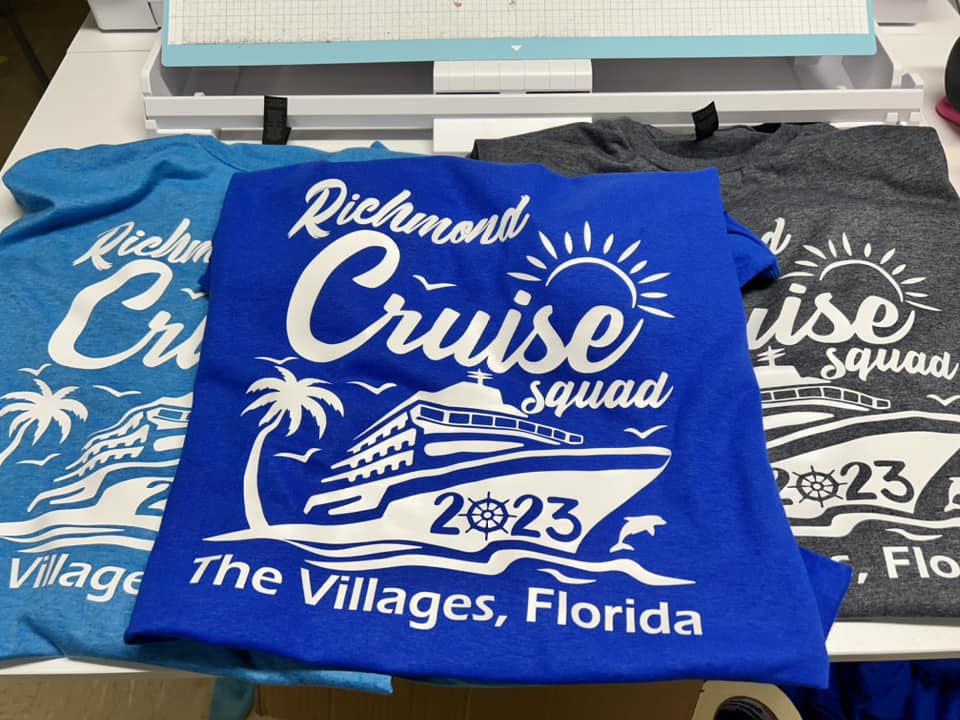
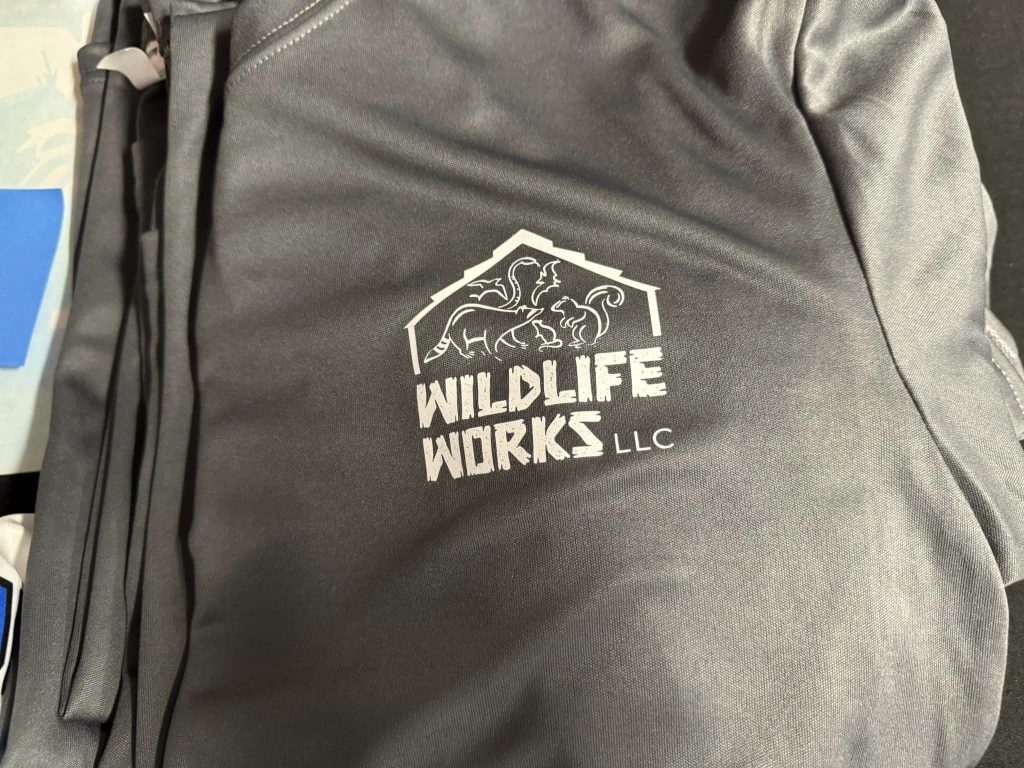
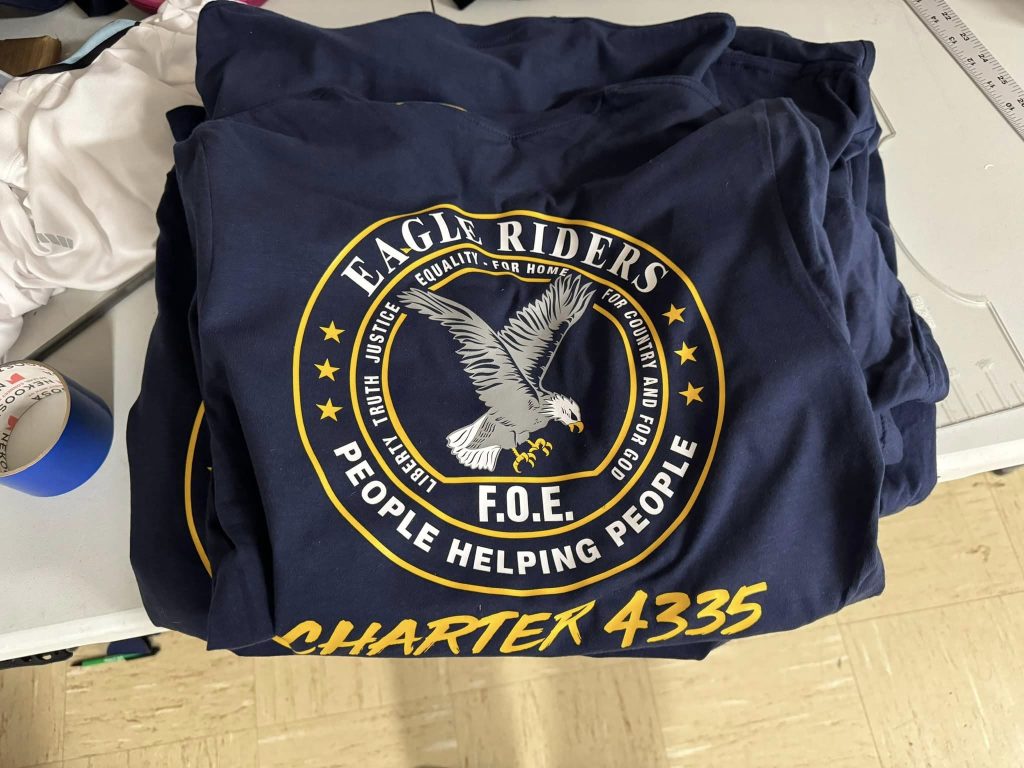
Embroidery
Typically used for logos or text on high-quality garments and may have a higher price point due to the stitching process.

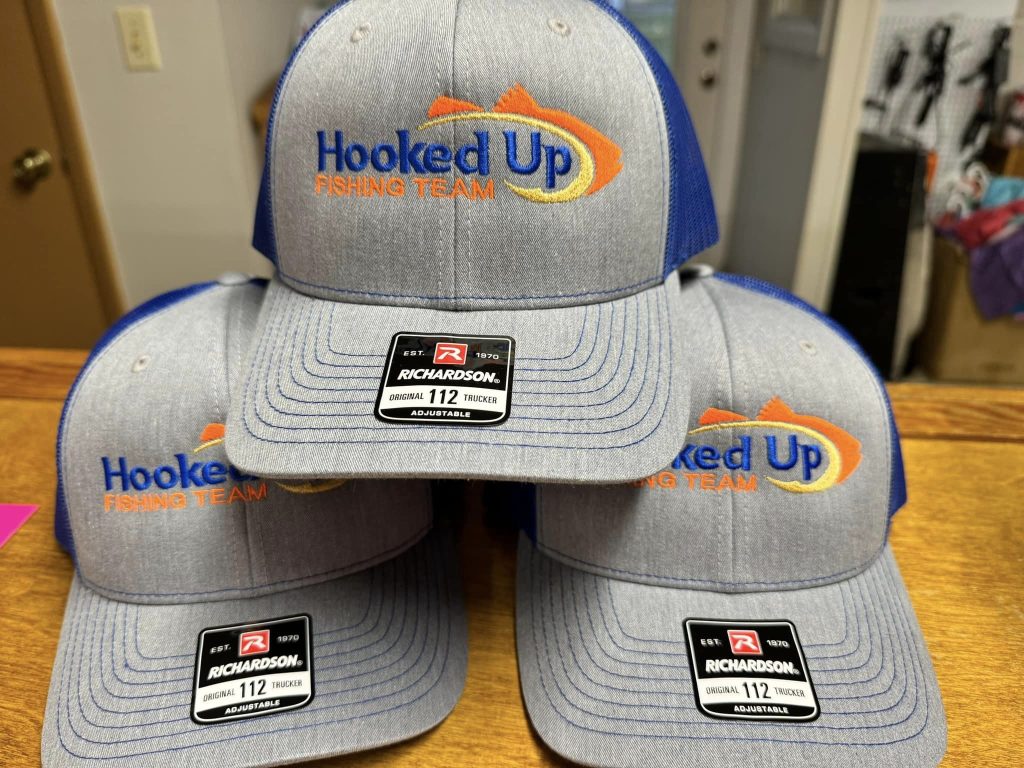
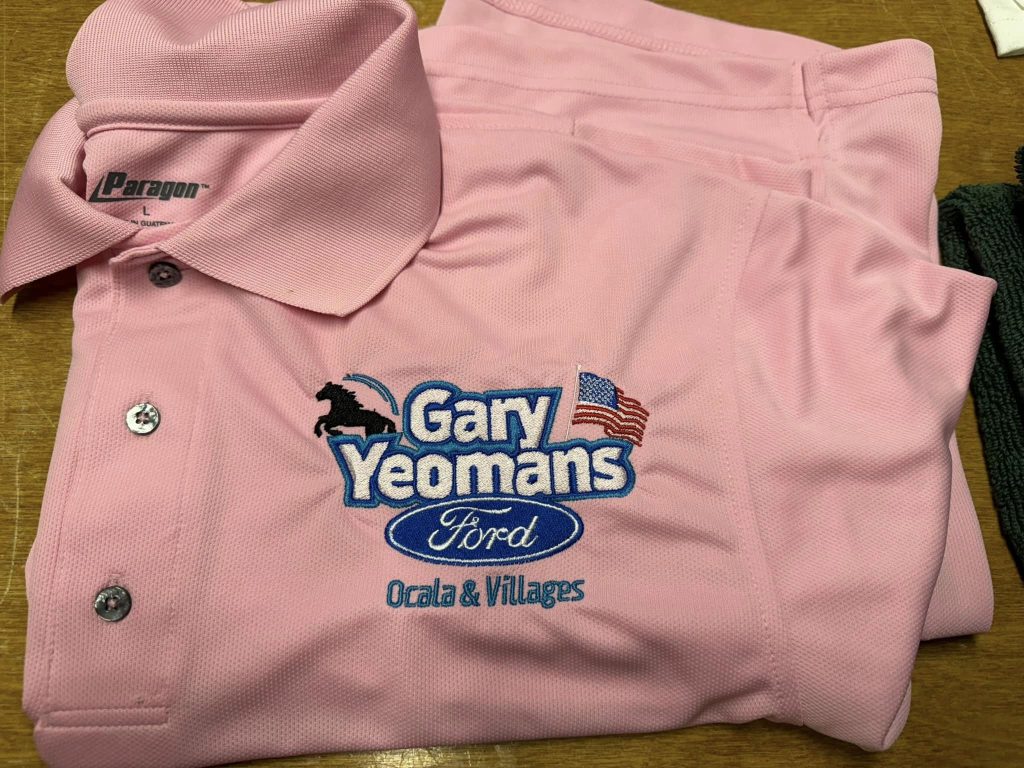
Add-Ons and Customization
Additional features or customization options, such as individual names or numbers on the shirts, can increase the overall cost. The cost of these add-ons varies depending on the print shop or manufacturer.
Shirt Color
The color of the shirt can also impact pricing. Light-colored shirts are often less expensive to print on than dark-colored ones. Printing on dark shirts may require an extra layer of ink or an underbase, which can increase costs.
Shirt Brand and Quality
The brand and quality of the shirts you choose can influence pricing. High-end brands or specialty shirts from well-known manufacturers are generally more expensive than generic or budget-friendly options.
Production Time
Rush orders or expedited production may incur additional charges. Planning ahead and allowing for longer production times can help reduce costs associated with rush orders.
Conclusion
The cost of custom shirts is influenced by various factors, including the type of shirt, quantity, design complexity, printing method, add-ons, shirt color, brand, and production time. To get an accurate quote for your custom shirts, it’s essential to consider these factors and work closely with a reputable print shop or manufacturer.
By understanding the key elements that affect shirt pricing, you can make informed decisions when ordering custom shirts that meet your budget and quality expectations.
Need custom shirts? Let’s Talk!